Stories
Rich Waters
The Sockeye salmon fishery in Bristol Bay, Alaska is the largest in the world. It has supported generations of fishers, like Greg Fransen and his son Cody. But a proposed mine now threatens this natural treasure.
Text & Photos Ben Matthews
As I descended into King Salmon, Alaska, I was instantly struck by the vastness and beauty of the landscape, though I could also see its harshness and isolation.
Rain and storms roll through in all four seasons, and there are no roads that connect this remote community on the edge of Bristol Bay to any of the larger cities in Alaska, like Anchorage or Fairbanks.
The only access is by airplane or boat. I chose the airplane. Though I’d never been to Alaska before or even seen a commercial vessel first-hand, I’d come to fish a fabled species, the Sockeye salmon.
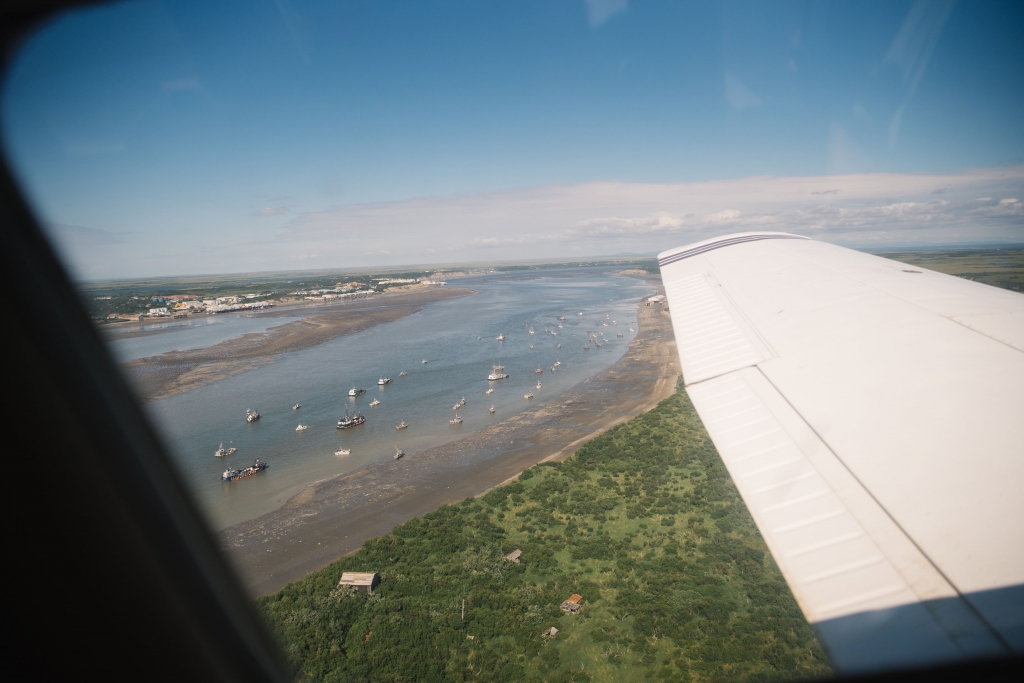
My hosts, the Fransens, were eager to show me the ropes. The patriarch of the family, Greg, is a stoic man with gray hair, though you typically won’t see it because he mostly wears a hat. He’s been coming up to Bristol Bay for more than thirty years to fish Sockeye Salmon, which is prized for its rich flavour and vivid red flesh.
What started as an experiment to try it out ultimately led him to purchase a site and a permit for his own set-netting operation. (Set-netting works with two anchors, one in the water and one on the shore, with a net strung between. As tide rises and the net floats, the Sockeye swim in and are caught. Most commercial fishing is done from boats, however.)
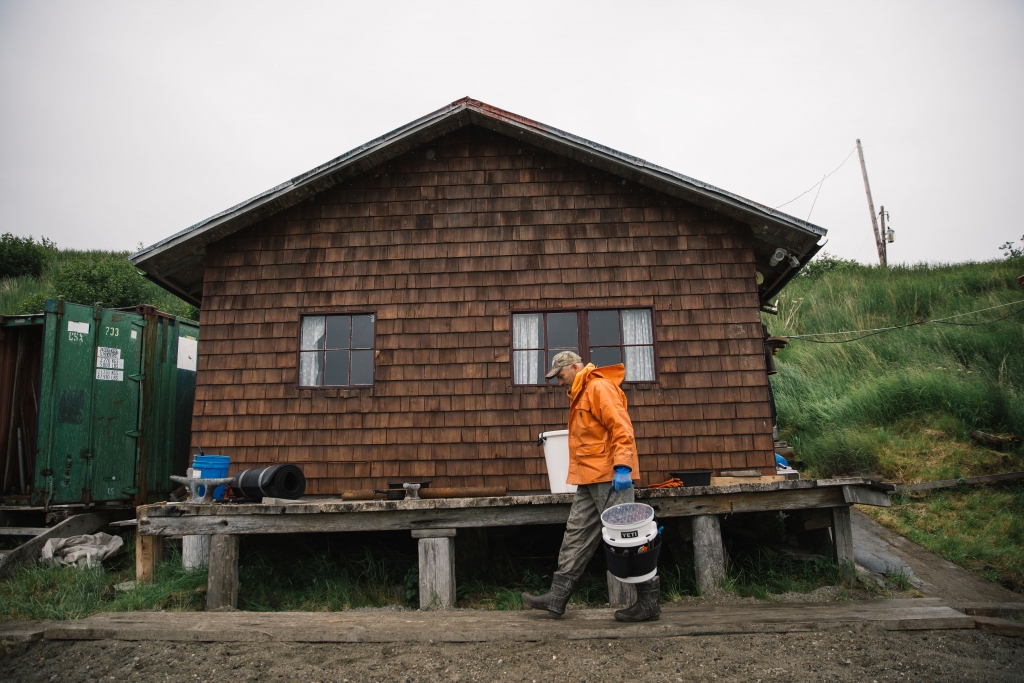
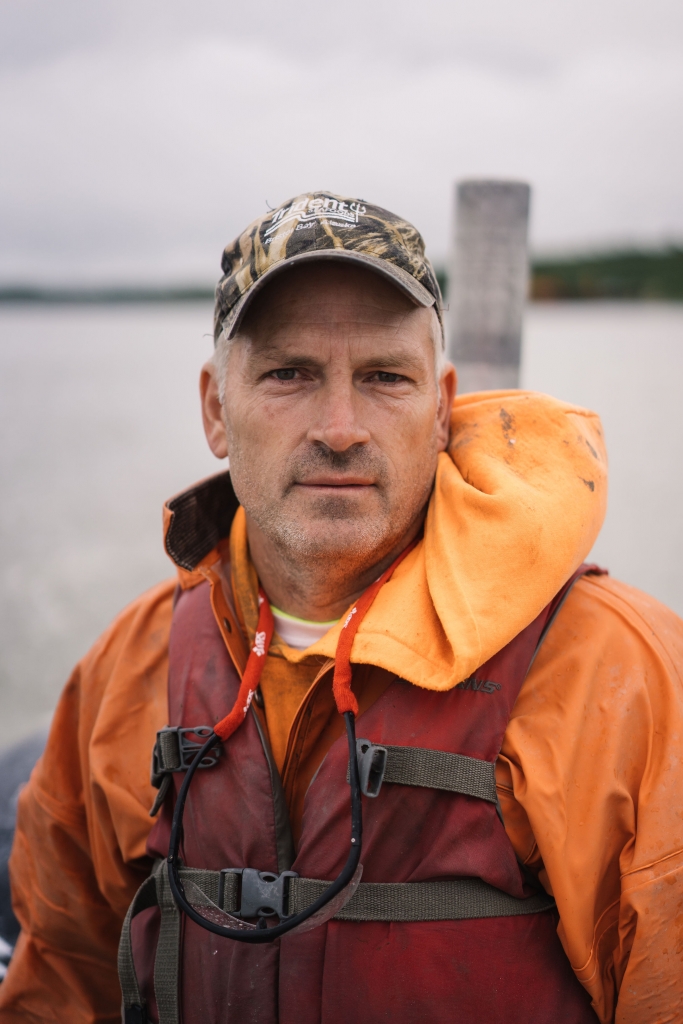
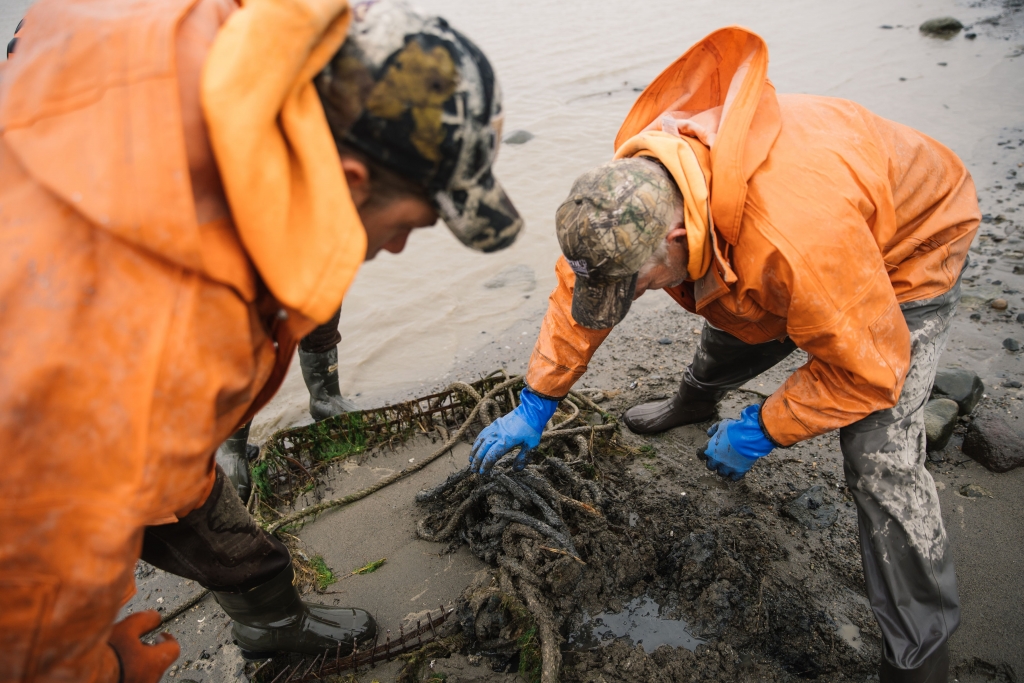
Greg’s son, Cody, along with his wife Lori, and daughter Sofie, have been coming up for most of that time, too. Just a few years ago, Cody purchased his own site and permit to start his own fishing operation.
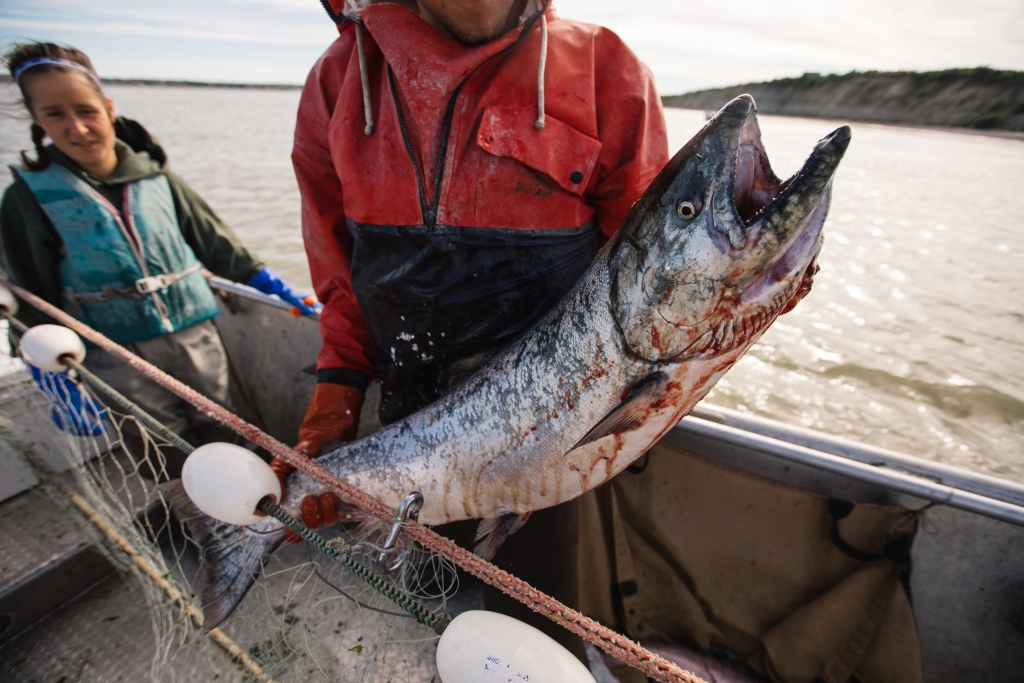
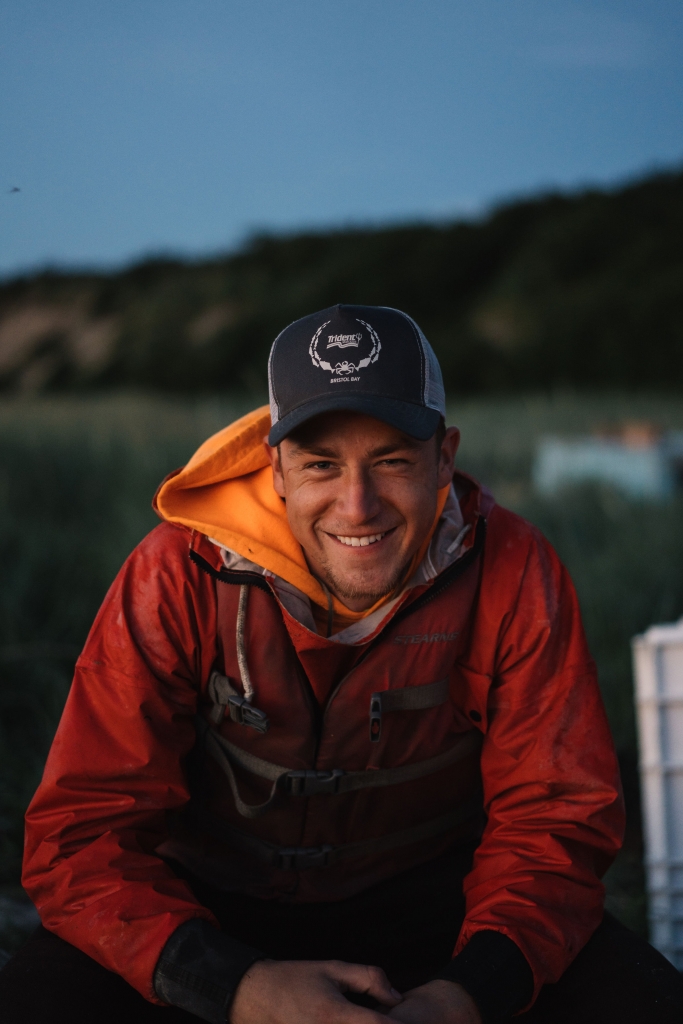

“There are many things that make a good fisherman. They must know how to work hard, know salmon patterns, be able to troubleshoot and fix problems as they arise, be prepared for future problems. Any fishermen you talk to have an adventurous spirit, they like challenges and they are always optimistic about the way this season or the next is going to turn out. They can survive on coffee for breakfast and a can of cold soup for lunch and dinner,” explains Greg.
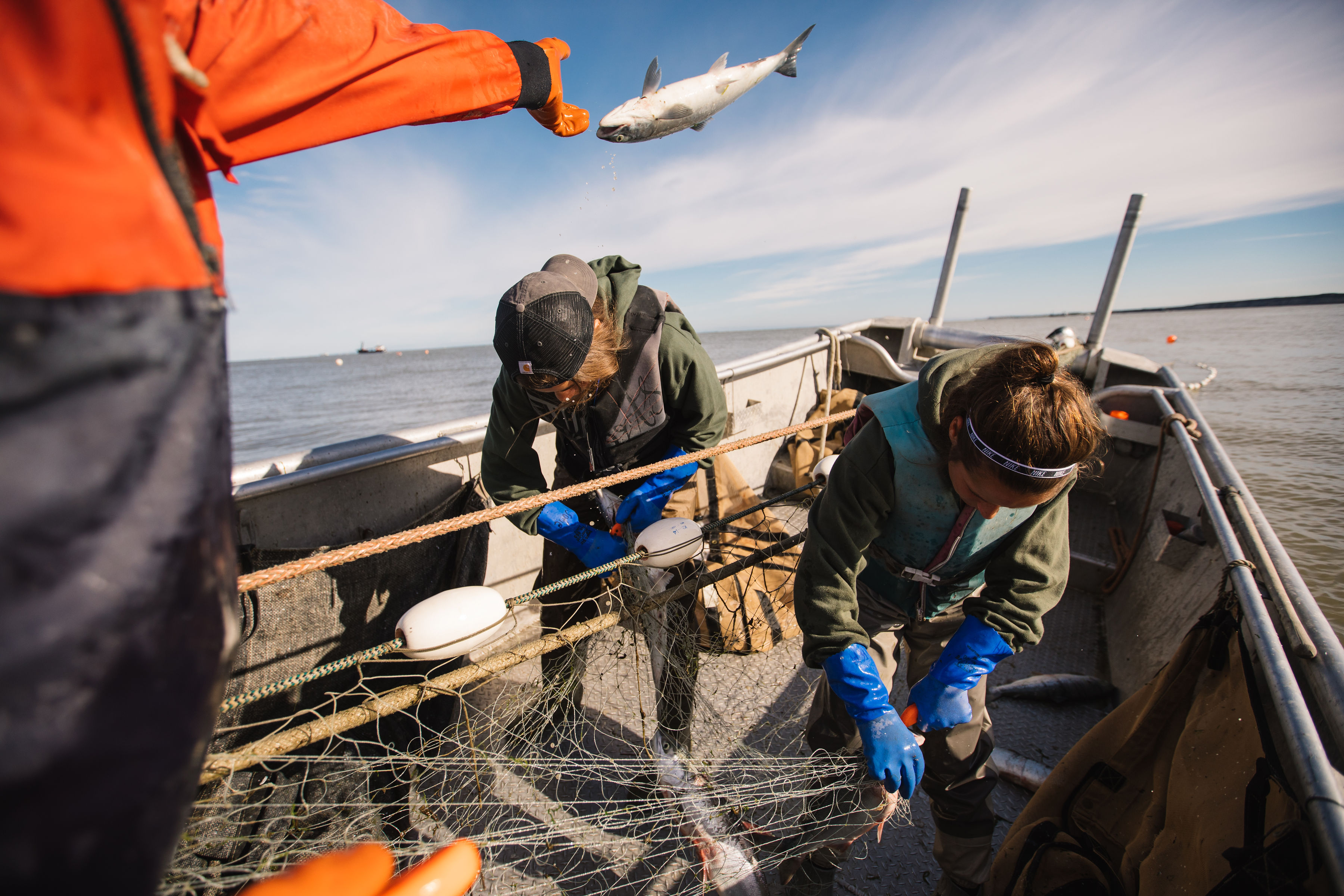
Bristol Bay claims the largest Sockeye Salmon population in the world. While the rest of the world has seen salmon fisheries decline and disappear, the Bristol Bay fishery is booming. 2017 saw the largest Sockeye run on record and the second largest commercial catch ever, with nearly 42 million fish. Alaska zealously protects its Sockeye Salmon, by outlawing fish farms and carefully monitoring the number of fish that return to their native spawning grounds every summer. The state has even written sustainable fishing into its constitution, requiring that the fish and wildlife populations will be “utilized, developed, and maintained on the sustained yield principle.” Thanks to meticulous management and environmental factors, the Bristol Bay fishery has flourished, even as other salmon fisheries around the world are faltering.
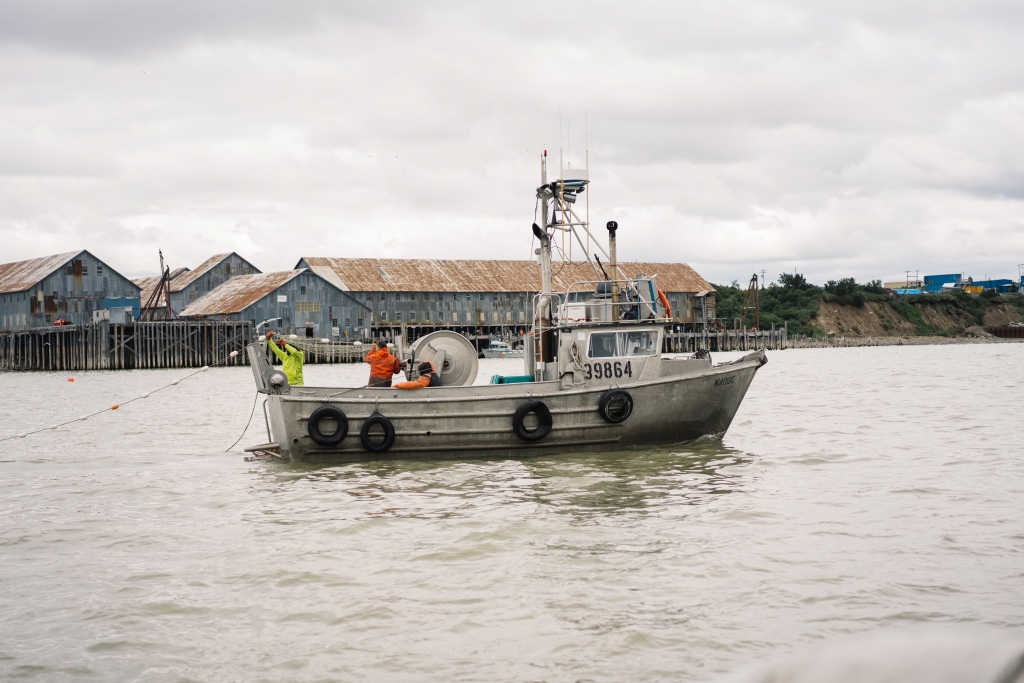
Despite the immense value of Bristol Bay’s Sockeye, both for the local economy and culture and for the entire planet, another resource opportunity in the region poses a stark threat to the fishery. For underneath the salmon’s native spawning grounds lies a treasure trove of gold and copper deposits. A proposed Pebble Mine project to exploit those resources would cause irreversible damage to the wetlands and result in the complete loss of the fish’s habitat, according to a 2014 study by the Environmental Protection Agency. Northern Dynasty Minerals, the Canadian company that wants to open the mine, has proposed to keep the toxic wastewater from mining operations behind an earthen dam. There’s a big problem with that plan, however: the site lies within one of North America’s most active earthquake zones. Even if the mine avoids destroying the fish’s habitat, it could unleash an even worse catastrophe on the region’s waters.
So far, opposition to the mine has succeeded in preventing its development, but with Donald Trump in power, the Pebble Mine project seems to have a new lease on life. If Alaska holds to its constitutional commitment to sustainability, then it will have to protect its thriving Sockeye Salmon, a resource with immense long-term value for the Bristol Bay fishermen, the Native American Cultures, and for the whole world.
—
Ben Matthews is an adventure photographer with a strong passion for keeping wild places wild. Based out of Seattle, he can more often be found in the mountains, on the water, or somewhere in between.
Never Miss Another Issue
Two issues per year
25% OFF previous issues
Free Shipping in Canada